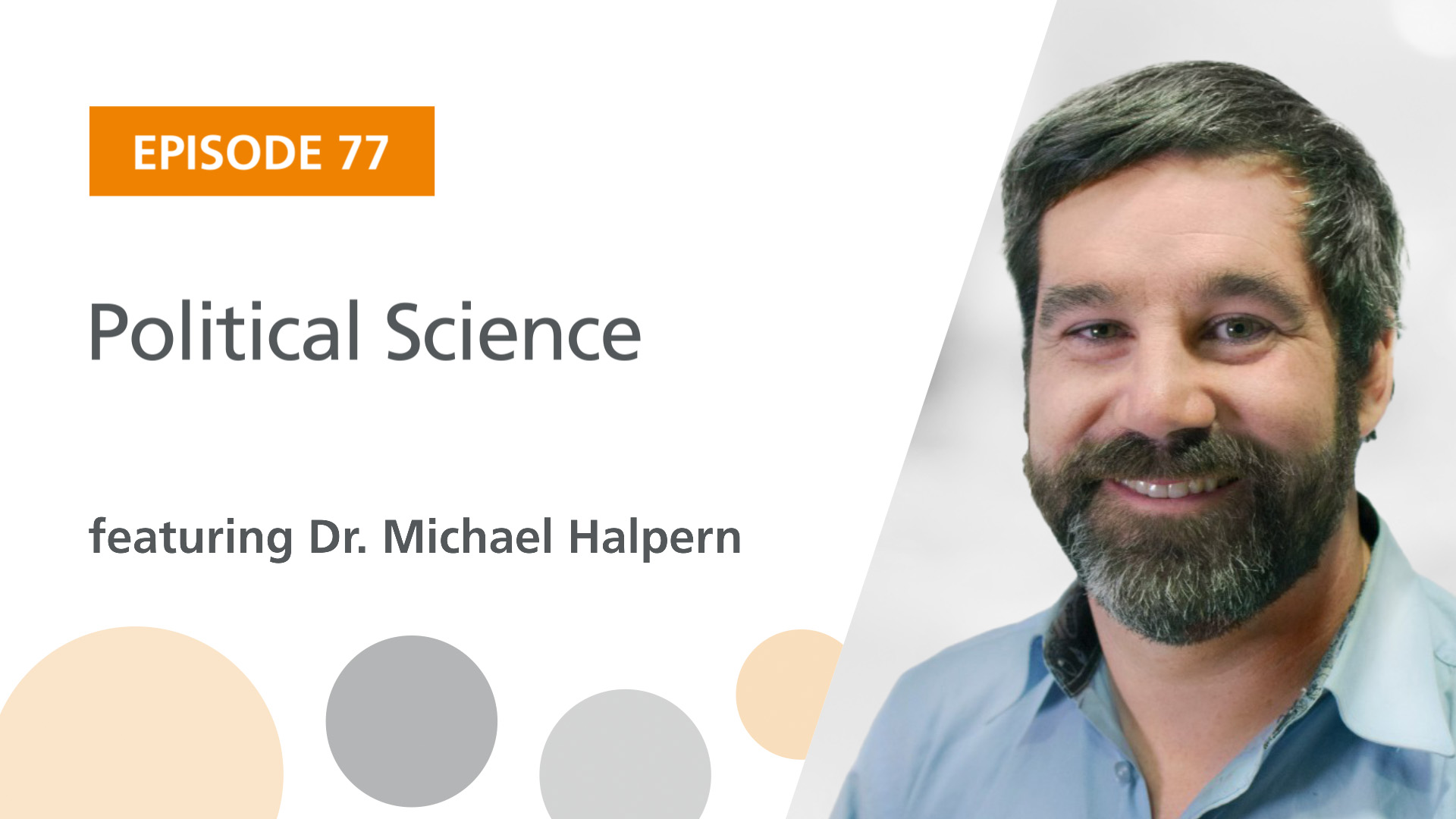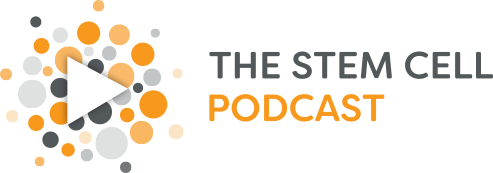
Podcast: Play in new window
Guest:
Michael Halpern, deputy director for the Center of Science and Democracy, discusses the election and how science might be affected.
Resources and Links
Storing Tomatoes in Refrigerator Affect Their Genes – Science explains why you shouldn’t put tomatoes in the fridge. It’s because some of their genes chill out and are altered by cold temperatures, ultimately affecting the flavor.
A Clear Difference on Climate Change – This article describes the stark contrast between Hillary Clinton and Donald Trump on the climate change issue and their plans about it.
Drones that Carry Ads – Starting this year, commuters in Mexico City have been interrupted as they drive by flying robots carrying signs bearing simple slogans as part of ridesharing app Uber’s campaign for UberPool.
Common Household Chemicals Hurt Our Health… And Cost Us Billions – Routine contact with plastic bottles, toys, food cans, cosmetics and flame retardants containing “endocrine-disrupting chemicals” results in ingestion, leading to a toxic buildup and potentially a variety of medical conditions.
Scientists Grow Mouse Eggs from Stem Cells in Lab – Japanese scientists have grown mouse eggs entirely in the lab, then fertilized them to yield fertile offspring, a scientific first cautiously hailed by experts in human reproduction.
Stem Cells May Repair Broken Hearts – Researchers transplanted heart muscle cells that were made from the stem cells of a macaque into the damaged hearts of five other macaques integrating with the monkeys’ own heart muscle cells thus allowing their damaged hearts to function better.
CRISPR Corrects Sickle Cell-Causing Gene in Human Cells – Scientists used the CRISPR-Cas9 gene-editing technique to rewrite the genetic mutation in blood cells that causes sickle cell disease where once implanted in mice, the edited stem cells produced normal hemoglobin.
Glycolytic Metabolism Plays a Functional Role in Regulating Human Pluripotent Stem Cell State – Researchers show that naive human embryonic stem cells (hESCs) exhibit increased glycolytic flux, MYC transcriptional activity, and nuclear N-MYC localization relative to primed hESCs.
Photo Reference: Courtesy of Michael Halpern

